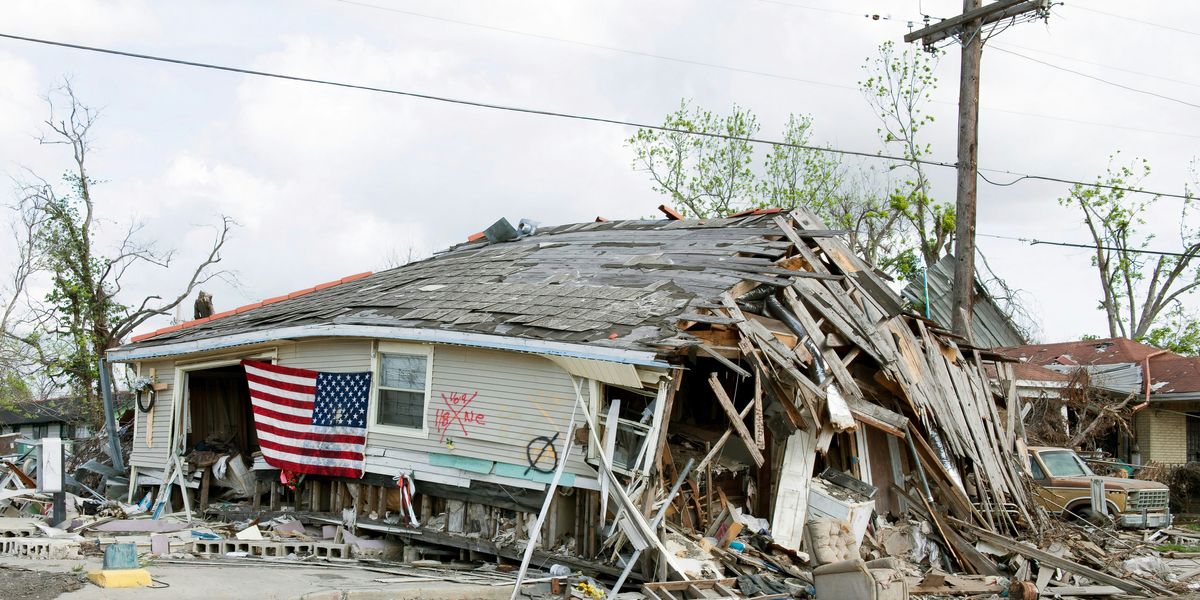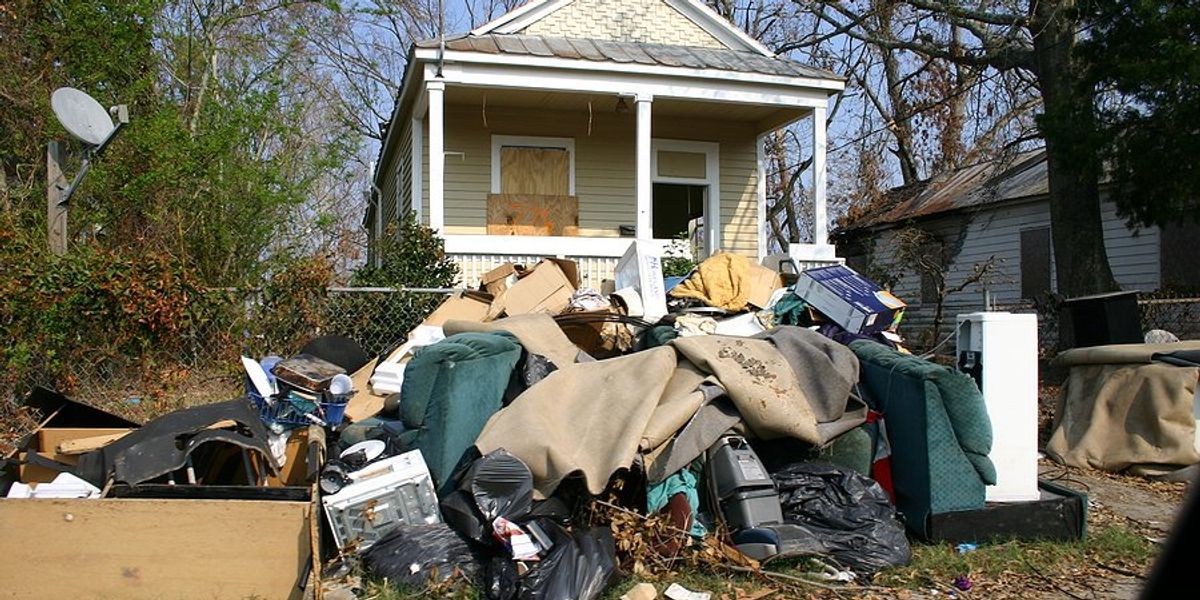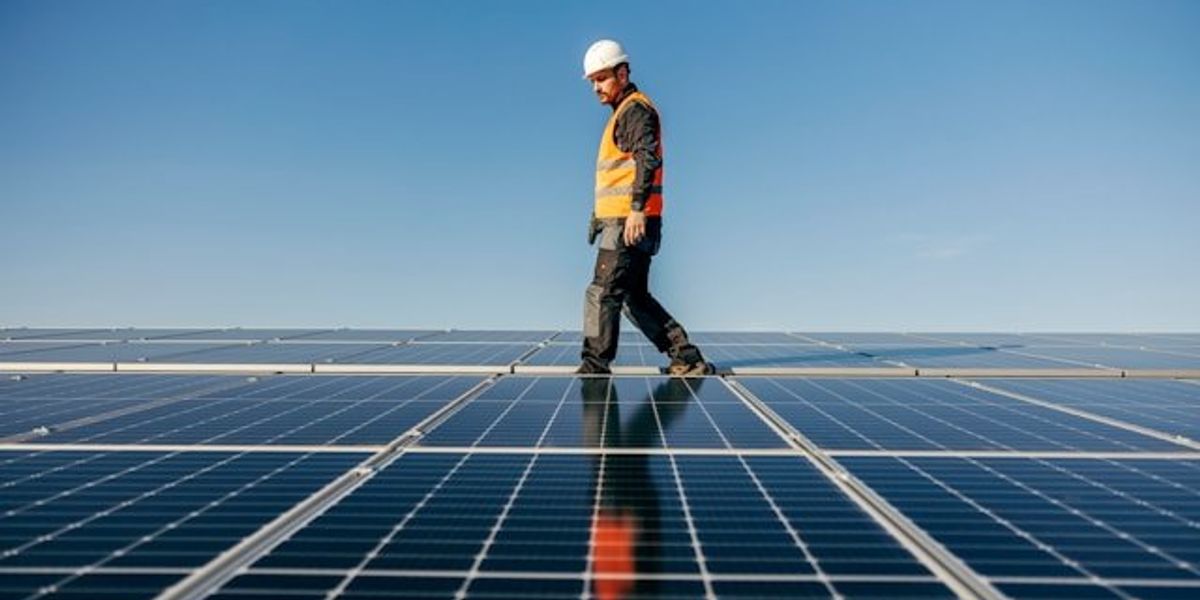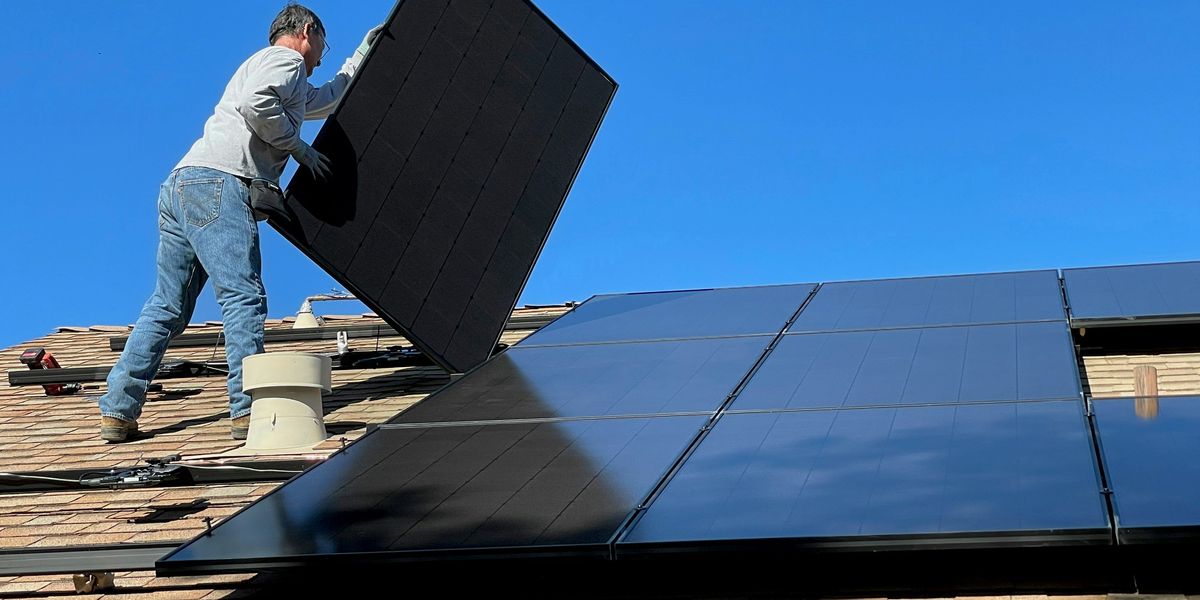
Agroforestry cuts deforestation in Southeast Asia, but success depends on local policies
Agroforestry systems have reduced deforestation across Southeast Asia over the past eight years, but new research finds that without the right policies, they can also drive forest loss.
Carolyn Cowan reports for Mongabay.
In short:
- A study in Nature Sustainability found agroforestry reduced deforestation in Southeast Asia by more than 250,000 hectares annually between 2015 and 2023, avoiding up to 74 million tons of greenhouse gas emissions each year.
- The impact of agroforestry varied across the region: while it curbed forest loss in areas like Laos and Sumatra, it accelerated it in others such as eastern Cambodia, depending on economic, ecological and governance conditions.
- Researchers urge policymakers to support agroforestry through land tenure rights, community-led land-use planning, and incentives to boost productivity on existing farmland.
Key quote:
“These diverse [agroforestry] systems can provide alternative sources of income [for farmers] — fuelwood, timber, fruits, and other products — reducing the economic pressure to clear more forests.”
— Steve Hoong Chen Teo, study lead author and researcher at the National University of Singapore
Why this matters:
Agroforestry, the practice of integrating trees and shrubs into farmland, has gained traction as a way to tackle climate change while supporting rural economies. In Southeast Asia, where tropical forests are vital carbon sinks and biodiversity hotspots, deforestation from industrial agriculture remains rampant, particularly for crops like oil palm and rubber. This new study suggests agroforestry can slow deforestation and reduce carbon emissions, but only under certain conditions. If land rights are weak or markets demand rapid crop expansion, agroforestry can backfire, fueling more forest loss. Millions of people in Southeast Asia rely directly on forests for food, medicine and livelihood, and unsustainable clearing puts them at risk.













